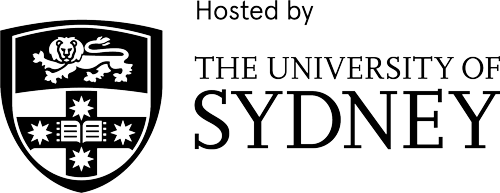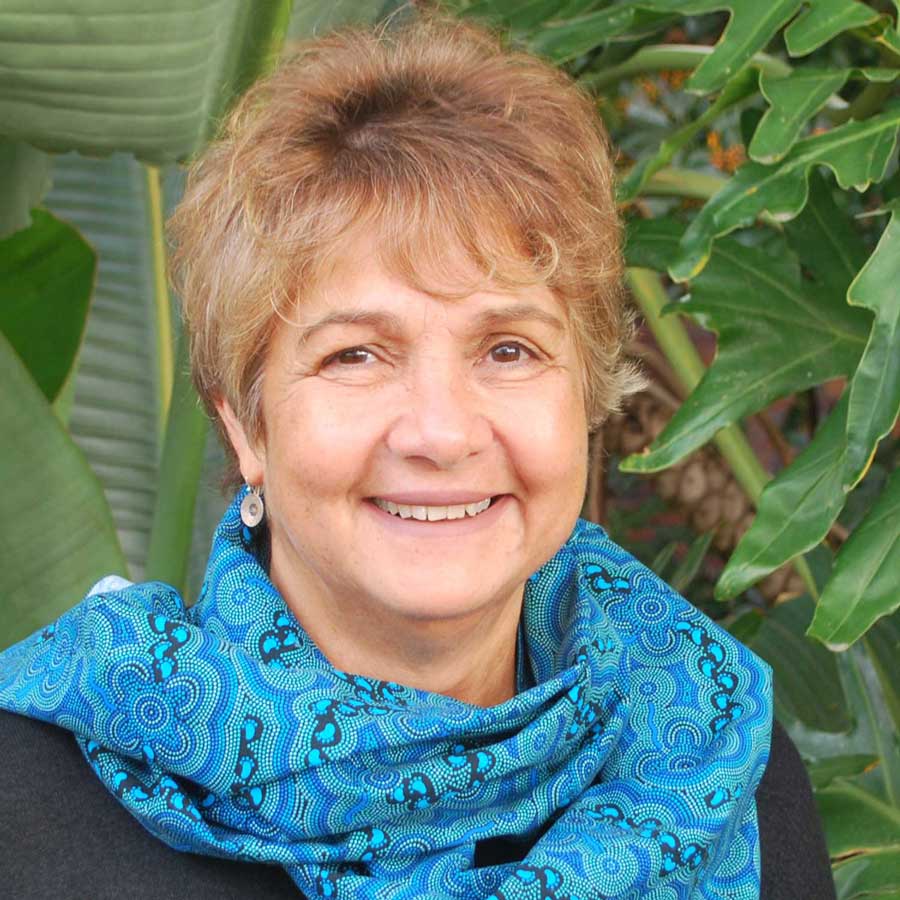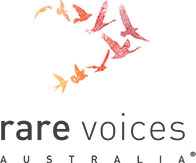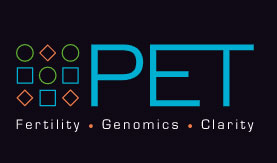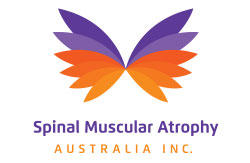 gEnomics4newborns
gEnomics4newborns
Research to integrate ethics and equity with effectiveness and economics for genomics in newborn screening
Exploring the legal, ethical, equity and economic implications of genomics in newborn screening
About us
Adding genomic testing to Australia’s current newborn screening program could identify hundreds of additional genetic conditions and improve outcomes for infants and families. However, any such change to existing newborn screening programs would also bring with it a range of important ethical, legal, and social considerations which require input from a wide range of stakeholders. We must ask not only ‘can we use genomics to screen newborns?’ but ‘should we use genomics to screen newborns?’
Additionally, current health technology assessment (HTA) methods used by government to assess population screening programs have not kept pace with advances in genomics. New approaches are required which formally incorporate ethical, legal and equity aspects into HTA decision-making.
The gEnomics4newborns research project aims to develop health technology assessment tools, informed by a diverse range of community and stakeholder views, to assist government to streamline assessments of genomics in newborn screening, enabling faster public access to screening that is equitable, effective, cost-effective and ethically-informed. The research is being guided by a Consumer Advisory Group of members of the rare disease community.
What we do
Our Research

Ethics
What are the ethical implications that are important to Australians when it comes to using genomics in newborn screening?

Equity
How should equity be incorporated into the assessment of genomics in newborn screening?

Effectiveness
How do we evaluate the benefits and harms of genomics in newborn screening?

Economics
How do we assess the value of genomics in newborn screening to ensure it’s implemented in a sustainable way?
What Drives Us
Our Aims
gEnomics4newborns aims to develop new health technology assessment tools that will streamline future assessments of the value of genomics in newborn screening, enabling faster public access to screening that is equitable, effective, cost-effective and ethically-informed.
A national Australian citizens’ jury on using genomics in newborn bloodspot screening
Integrating genomics into newborn bloodspot screening (NBS) programs would represent a major technological advancement. As with any change in healthcare, it’s crucial to assess the ethical, legal, and social implications of using genomics in these programs. This assessment must take into account the perspectives of all stakeholders, including the Australian public. Part of the gEnomics4newborns project, the national Australian citizens’ jury on the use of genomics in newborn bloodspot screening will invite Australians to share their views on incorporating genomics into NBS programs. The jury will draft recommendations that will help guide policymakers in shaping the future of these programs. The citizens’ jury will take place from 9 March 2025 to 30 March 2025, involving a mix of online and in-person sessions (held in Canberra) where jurors will learn about the topic and engage in discussions. We will send invitations to 6600 households selected by democratic lottery from all over Australia in February 2024. If you receive an invitation, you could be just one of 30 people selected to represent the community and advise decision-makers on this important issue.
The central question for the national Australian citizens’ jury on using genomics in newborn bloodspot screening is:
Under what circumstances, if any, should Australia use genomics in the newborn bloodspot screening program to ensure the program remains trustworthy and effective?
(GenSCAN)
Genomic Screening Consortium for Australian Newborns
gEnomics4newborns is one of five research projects awarded by the Australian Genomics Health Futures Mission (GHFM) and National Health and Medical Research Council (NHMRC) exploring the feasibility, effectiveness, and health economic, ethical and equity aspects of applying first- or second-tier genomics in newborn screening programs.
The Genomic Screening Consortium for Australian Newborns (GenSCAN) was established as a collaborative forum to share and pool findings from the five projects to maximise the national policy impact and minimise the consultation burden on consumers and patient advocacy groups. GenSCAN is organised into six working groups focusing on: clinical oversight and gene selection; technical platforms; bioinformatics and data analysis; ethical, legal and social issues; health policy and economics; and stakeholder engagement.
Genomic Screening Consortium for Australian Newborns (GenSCAN)
Learn
About The Research
-
- Enabling effective diagnosis in newborns of diseases caused by genetic mutations to support development of earlier and more effective interventions and treatments
- Conduct research addressing emerging ethical, legal and social issues associated with the governance of clinical and genomic datasets[1]
The project brings together leading researchers from a range of disciplines, together with community partnerships, to address the following questions:
-
- What are the views of Australian stakeholders regarding the ethical, legal and equity implications of using genomics in newborn screening?
- How can stakeholder views on ethical, legal and equity implications of genomics in newborn screening be integrated with assessments of effectiveness and cost-effectiveness?
- What are the most appropriate Assessment Criteria for evaluating the ethic, equity, effectiveness and cost-effectiveness of genomics in newborn screening and are they acceptable to policy makers?
Team
Researchers
Research Team
gEnomics4Newborns
Research Partners
